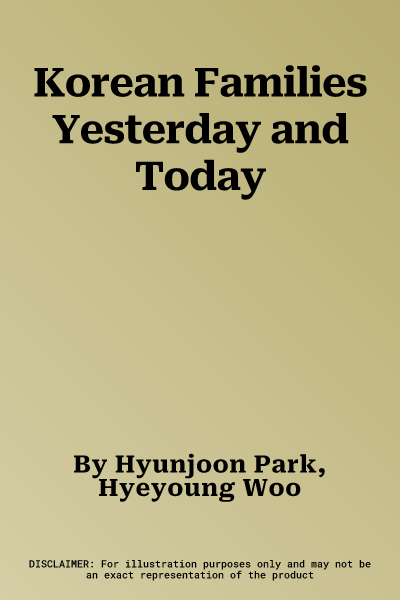Korean families have changed significantly during the last few decades
in their composition, structure, attitudes, and function. Delayed and
forgone marriage, fertility decline, and rising divorce rates are just a
few examples of changes that Korean families have experienced at a rapid
pace, more dramatic than in many other contemporary societies. Moreover,
the increase of marriages between Korean men and foreign women has
further diversified Korean families. Yet traditional norms and attitudes
toward gender and family continue to shape Korean men and women's family
behaviors.
Korean Families Yesterday and Today portrays diverse aspects of the
contemporary Korean families and, by explicitly or implicitly situating
contemporary families within a comparative historical perspective,
reveal how the past of Korean families evolved into their current
shapes. While the study of families can be approached in many different
angles, our lens focuses on families with children or young adults who
are about to forge family through marriage and other means. This focus
reflects that delayed marriage and declined fertility are two sweeping
demographic trends in Korea, affecting family formation. Moreover,
"intensive" parenting has characterized Korean young parents and
therefore, examining change and persistence in parenting provides
important clues for family change in Korea.
This volume should be of interest not only to readers who are interested
in Korea but also to those who want to understand broad family changes
in East Asia in comparative perspective.

